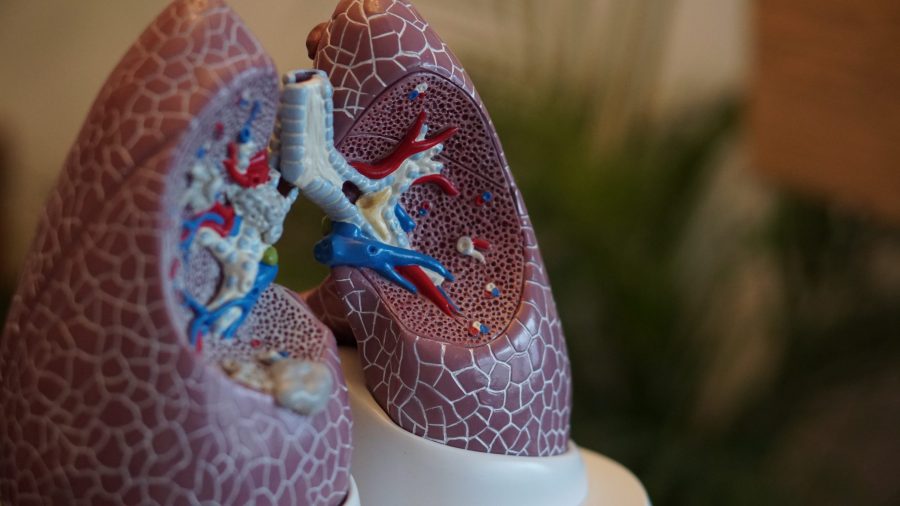November is COPD Awareness Month!
The COPD Foundation says that Chronic Obstructive Pulmonary Disease (COPD) is an umbrella term used to describe different lung diseases such as emphysema, chronic bronchitis, and refractory (non-reversible) asthma. It’s a progressive disease and, unfortunately, is currently incurable. You can still live a happy life with COPD as long as you have the right treatment and learn how to manage it.
Some leading and common signs and symptoms of COPD mentioned by the Mayo Clinic include:
- Increased shortness of breath
- Chronic cough
- Wheezing
- Chest tightness
- Swelling in ankles, feet, or legs
COPD and Sleep
Did you know sleep problems and sleepiness are common for Chronic Obstructive Pulmonary Disease (COPD) patients? The National Sleep Foundation states that this is partly due to symptoms but also because of the medications that are used to treat COPD. Some medications prescribed for COPD management can cause drowsiness as a side effect. You should discuss the side effects with your doctor and how both COPD and COPD medications can affect your sleep.
ResMed states that at least 1 in 10 people with Obstructive Sleep Apnea (OSA) also have COPD. Sleep.org says that some COPD patients have Obstructive Sleep Apnea (OSA) and it’s known as Overlap Syndrome. A person with COPD already has compromised lung functionality. If you add the effects of oxygen desaturation during sleep in an OSA patient, the results amplify, compounding side effects that put a patient at increased risk.
If you suffer from COPD and Sleep Apnea, using a CPAP machine can help your lungs get the proper oxygen they need throughout the night, so you can have a healthy and restful sleep.
Think you may be suffering from COPD? If so, you should take this quick 5 question survey from the COPD Foundation.
Check in with the QDME Journal for new blogs and fascinating topics!

Follow Us to learn even more!



